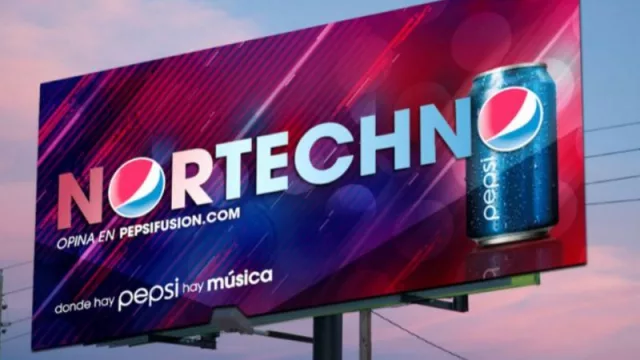When talking about advertising investment in digital media, it usually refers to platforms like Google or Facebook. These platforms have experienced exponential growth in recent years, leading many companies to focus on online advertising. However, amid this drastic increase in online advertising, media distribution reports do not distinguish that online there are millions of advertisers, unlike traditional media such as television, radio, outdoor advertising (Billboard-OOH), or print.
Coca-Cola, Pepsi, Apple, Heineken, Adidas, Red Bull, Boss, etc., do not allocate the majority of their total marketing budget to Google or Meta. This pattern is also observed in most successful B2B companies. Startups or prosperous companies invest in sponsorships, local promotions, outdoor advertising (OOH), experiential marketing, branded logistics, team uniforms, merchandise, demonstration events, loyalty programs, and more.
While it is true that advertising investment in digital media has experienced significant growth in recent years, it is not homogeneous across all companies. According to eMarketer data, global spending on digital media is expected to exceed $517 billion in 2023, representing a compound annual growth rate of 17.6% since 2018.
However, successful large companies do not necessarily invest 60% of their budgets in digital media. These companies have a wide variety of media options available, including television, radio, print, cinema, outdoor media, and events.
In fact, investment in digital media can be as low as 10% for some companies that focus on mass consumer products.
Recommendation: Regardless of your company's technological profile, it's time to rethink exclusive digital culture.
It is crucial to consider that choosing the right media is essential for the success of a marketing strategy. Not all companies need to use the same media channels to reach their target audience. Companies focusing on older consumers, for example, may benefit more from advertising in traditional media such as television or print. For younger targets, product placement in videos, influencers, series, games, concerts can be a significant differentiator.
Also, it is important to note that media investment is not the only marketing tool available to companies. They can also invest in branding, public relations, direct marketing, and other strategies to reach their target audience. The choice of the right strategy will depend on factors such as budget, target audience, the message to be conveyed, and competition in the market.
On the other hand, companies focusing on younger consumers may find more benefits in advertising during concerts, shows, bars, or clubs.
Finally, product placement or product integration is the most flexible and effective media technique. Little is known about it, and tomorrow we will precisely inform you how any type of company can implement it, not just Ray-Ban and Tom Cruise in Top Gun.












Tu opinión enriquece este artículo: